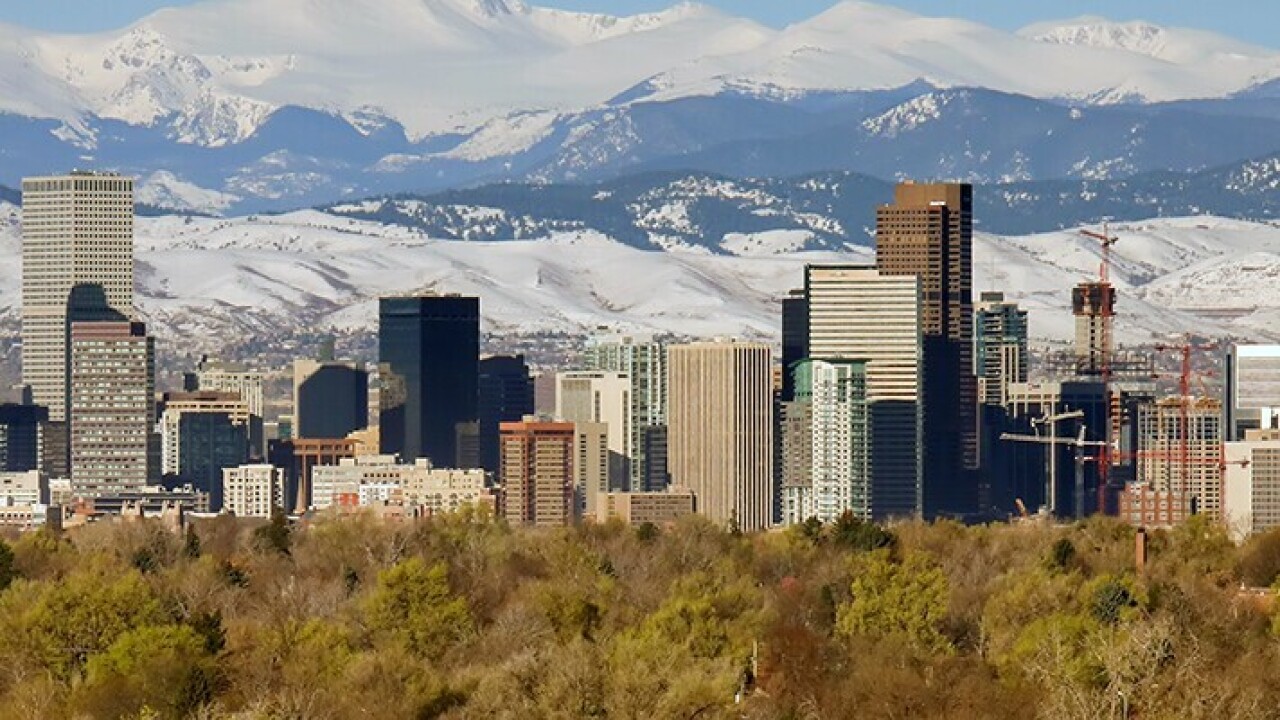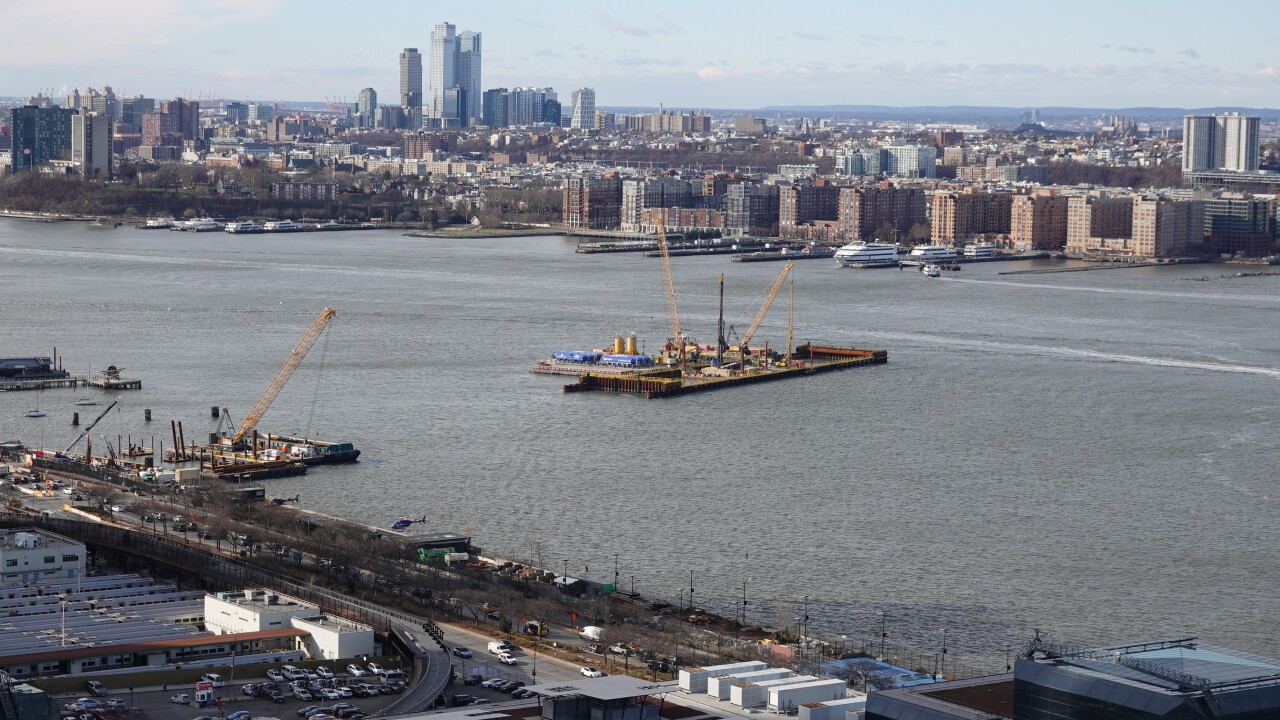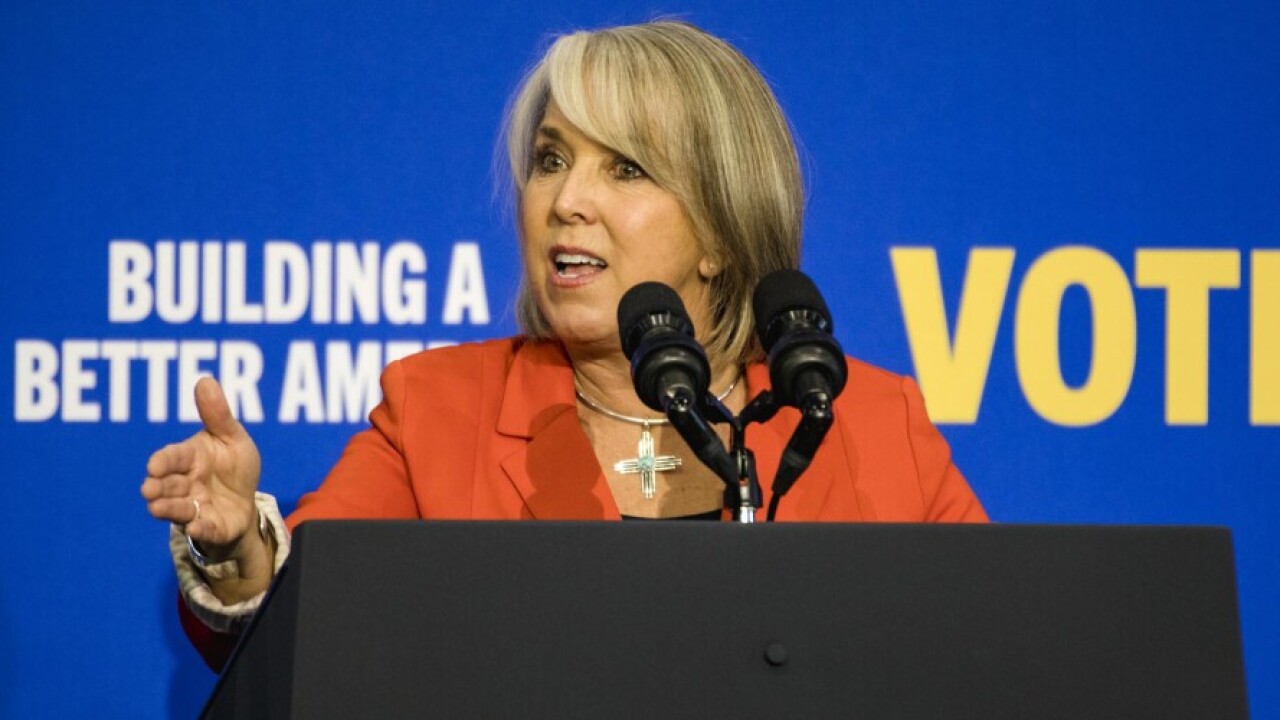Three months after its board approved a five-year, $29 billion capital program request, officials from New York's Metropolitan Transportation Authority are still fielding questions about the uncertainty of funding.
According to board vice chairman Fernando Ferrer, the MTA expects to formally submit its request to a state review board around the time New York State completes its budget in late March.
Gov. Andrew Cuomo pledged $8.3 billion to the capital program out his fiscal 2017 budget request, but the proposed spending plan does not specify the allocation, which needs lawmaker approval. In addition, New York City Mayor Bill de Blasio has promised $2.5 billion, quintuple its previous amount, to MTA program.
"We got very specific commitments from the governor and the mayor of New York City as well. Their word is good enough for me," Ferrer said Wednesday after the MTA's monthly board meeting in lower Manhattan.
"We'll submit it when the time is right and that's probably during the [state] budget process," he said. "The budget's enacted in April on the state side, June on the city side. There's plenty of time for that and I expect it to unfold when it unfolds."
Ferrer chaired Wednesday's meeting in the absence of chairman Thomas Prendergast, who was out with a "minor health issue" and expects to return to work soon.
Hints of uncertainty have prompted transit critics to speculate whether a shortage of funds could prompt the MTA – one of the largest municipal issuers with about $36 billion in debt – to further borrow or impose larger fare and toll hikes than the expected biennial raises pegged to the rate of inflation.
The MTA operates the city's subways, buses and Metro-North and Long Island commuter railroads, as well as several bridges and tunnels.
"As a practical matter, the MTA capital plan has not been sent yet to the capital review board for approval. It actually needs to go for approval before it can actually be executed by the MTA. So, we're waiting for that," city budget Director Dean Fuleihan said at a City Hall budget briefing last week. "The additional money that the city put forward … is actually a cooperative arrangement with the MTA that has to be worked through."
Gene Russianoff, an attorney and chief spokesman for the Straphangers Campaign ridership lobbying group, said a deep-in-the-weeds "exhaustion provision" of the state budget requires the MTA to dry up existing state funds before tapping new monies.
"We strongly feel that the proposal under the governor's plan is going to create an uncertain environment for your capital plan and even a hostile environment," Russianoff told board members. "It pits you against the budget director on minute decisions that shouldn't be made technically in Albany."
De Blasio and city Comptroller Scott Stringer, meanwhile, made separate budget pitches to Albany lawmakers Tuesday on behalf of the city.
Lawmakers grilled the mayor about why the state's 2% annual property-tax hike cap shouldn't extend to the city, which is now exempt from the law that passed in 2011.
"It seemed to me that we're talking about an ideological difference that's not surprising," de Blasio said. "There are partisan differences; there are regional differences."
Stringer renewed a call he made two years ago to create a dedicated revenue stream for the struggling New York City Housing Authority, using surplus funds from the Battery Park City Authority. "Battery Park City generated a surplus every year," said Stringer.
As part of a city-state agreement in 2010, a portion of those dollars have been earmarked for affordable housing and other city capital needs. "We now have an opportunity to direct those dollars explicitly toward NYCHA," he said of an agency with a capital shortfall of $17 billion.





